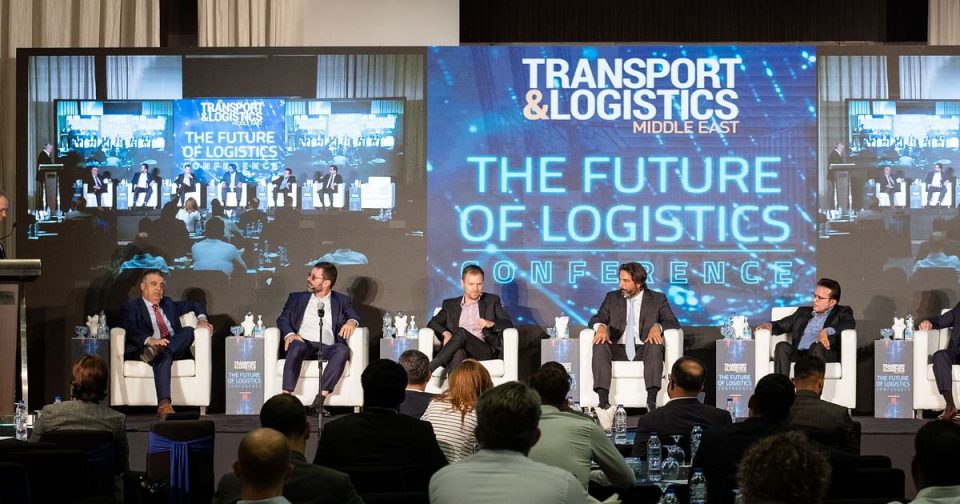Turning to Fabrice, Fabio asked him in a lighter vein, if Etihad would consider buying a ship?
Fabrice replied that it would not be a good idea but on a more serious note, he added that presently air cargo volumes constitute between 1 to 1.5% of cargo moved worldwide. But in terms of value that cargo is between 25 to 30%. So there will always be a need for air cargo lines. Shipping lines buying cargo aircraft is just temporary opportunistic move, according to Fabrice.
Lars then invited questions from the audience to which Mohamed Ahmed, a freight forwarder, responded by asking that if decisions today were made on the basis of cost most of the time how long did the panel see the current price war going on and as a company how does one strike the right balance between acquiring the best talents and technologies and realising the best return on those investments?
Taking first crack at the question Qutaiba Al Manaseer explained AstraZeneca’s approach to competition and what differentiates them from other pharmaceutical companies is that they look for areas where they can actually cooperate with the competion in terms of research and development or distribution.
Fabio Weiss responded by saying that at the moment it was not so much a price war as it was a war for capacity and there were too many elements in play that were beyond the control of any one company. As to when it will be over he did not see any change till at least the middle of 2022.
However, what shippers can control, said Fabio, was how they plan their supply chain and distribution. If they plan keeping longer transport times in mind then maybe the ocean to air cargo conversions that are happening currently would slow down.
Joe Beydoun was of the opinion that the high price season is not about to end any time soon as long as manufacturers in China and the rest of the world along with customers continue to demand quick deliveries.
Providing an air cargo carrier’s perspective on the question Fabric Panza said that with passenger traffic gone down drastically and cargo has proven the lifeline of most airlines.
To this Fabio said: “This current situation has put cargo logistics on the map and the industry has finally become ‘sexy’. Now this industry requires people can really think on their toes and find solutions. So it has become a challenging and rewarding industry now.”
Madhav Kurup agreed and said the pandemic has given the industry the recognition and purpose that it has long lacked. And this is attracting the best talents today.
As for the high prices, Madhav said that one positive outcome of that is transport and logistics companies have made record profits in the last two years and this in turn will drive a greater risk-taking approach of these companies creating greater scope for innovation and entrepreneurship moving forward.
Lars Jensen then summed the discussion by saying that a lot of the problems that were discussed existed even before the pandemic disrupted things. However, a good outcome from the pandemic has been that it has catalysed companies to implement process improvements and brought about a real and positive collaboration among the various players of the air cargo supply chain.
Joe Beydoun concluded the discussion by saying that today, with vaccine distribution being so critical, efficient logistics has become an issue of life and death and this has created a sense of accountability that was there even earlier but it has become more real and significant than ever before.
Read More – The Future of Logistics: What Does 2022 Hold for the Industry?


